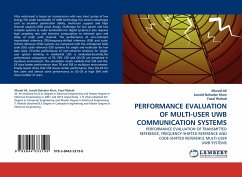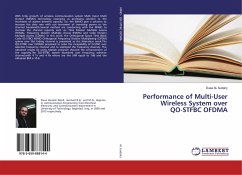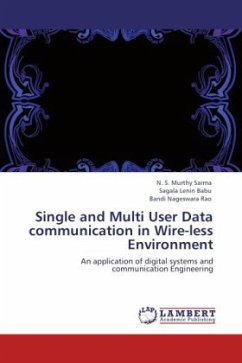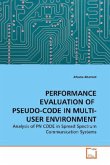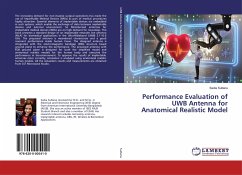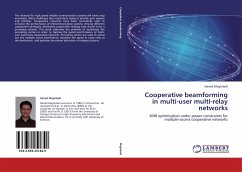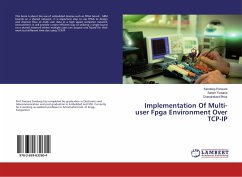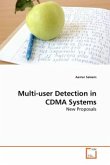Ultra wide-band is based on transmission with very short pulses of low energy.The wider bandwidth of UWB technology has several advantages such as excellent penetration ability, multi-user support and high channel capacity.UWB poses design challenges for low power and low complex systems at wider bandwidth.For digital systems,it also requires high sampling rate and intensive computation to estimate gain and delay of multi path channel. The performance of non-coherent transmitted reference (TR),frequency-shifted reference (FSR) and code- shifted reference (CSR) systems are compared with the orthogonal Gold code (OG) code reference (CR) systems for single and multiuser for low data rates. First,the performance of non-coherent receivers for single-user system working in residential LOS is evaluated.Secondly,the performance comparison of TR, FSR, CSR and OG-CR are presented in multiuser environment. The simulation results validate that CSR and OG-CR have better performance than TR and FSR in multiuser environment. Finally,results show that CSR shows better performance than OG-CR for few users and almost same performance as OG-CR at high SNR with more number of users.
Bitte wählen Sie Ihr Anliegen aus.
Rechnungen
Retourenschein anfordern
Bestellstatus
Storno

